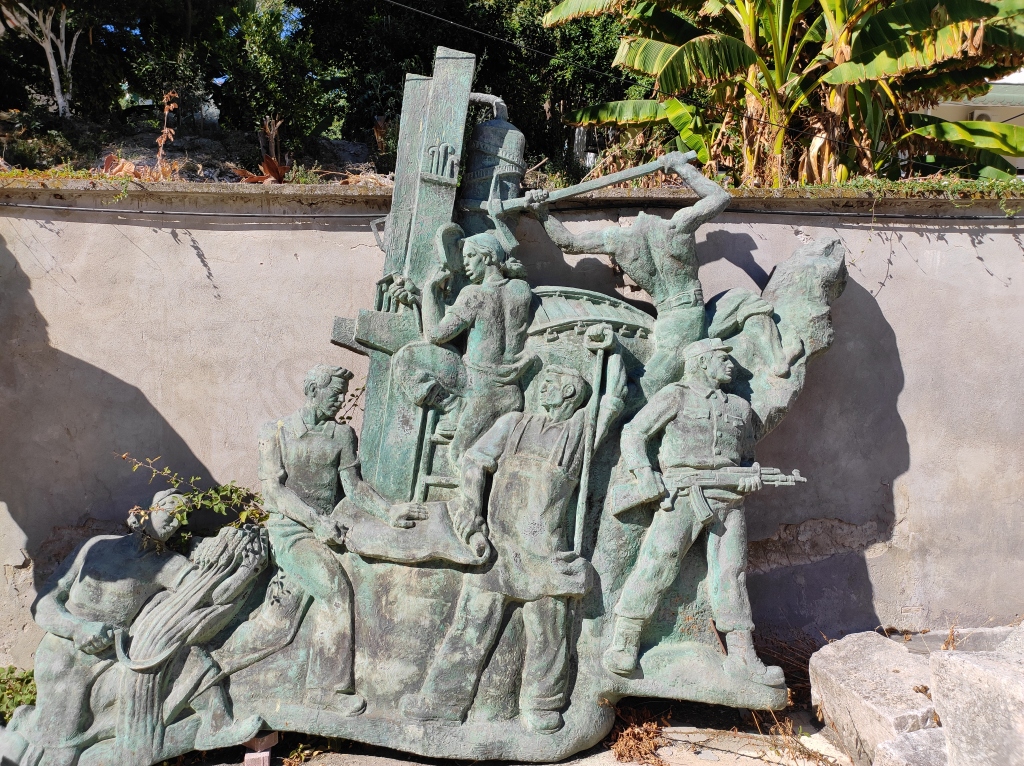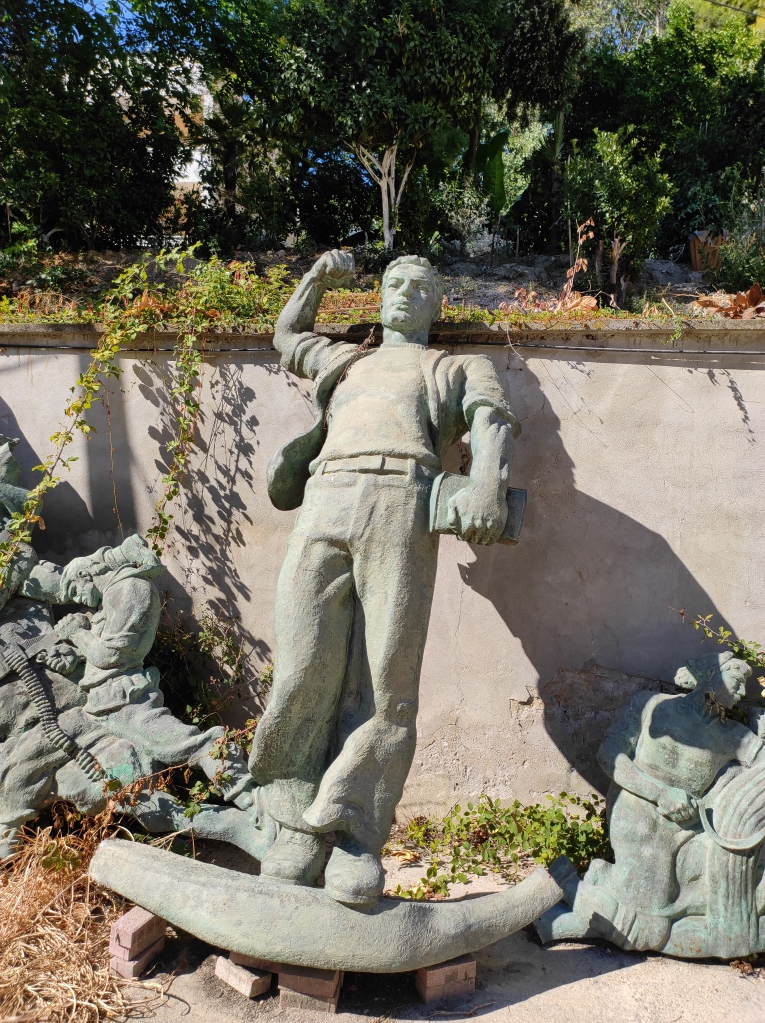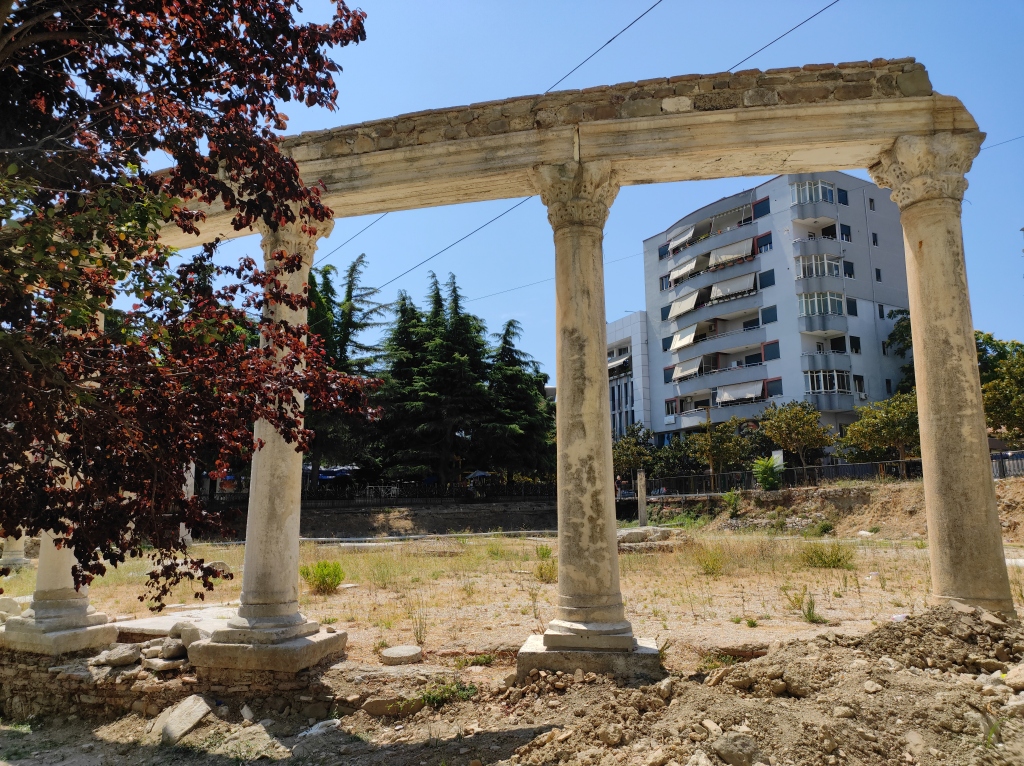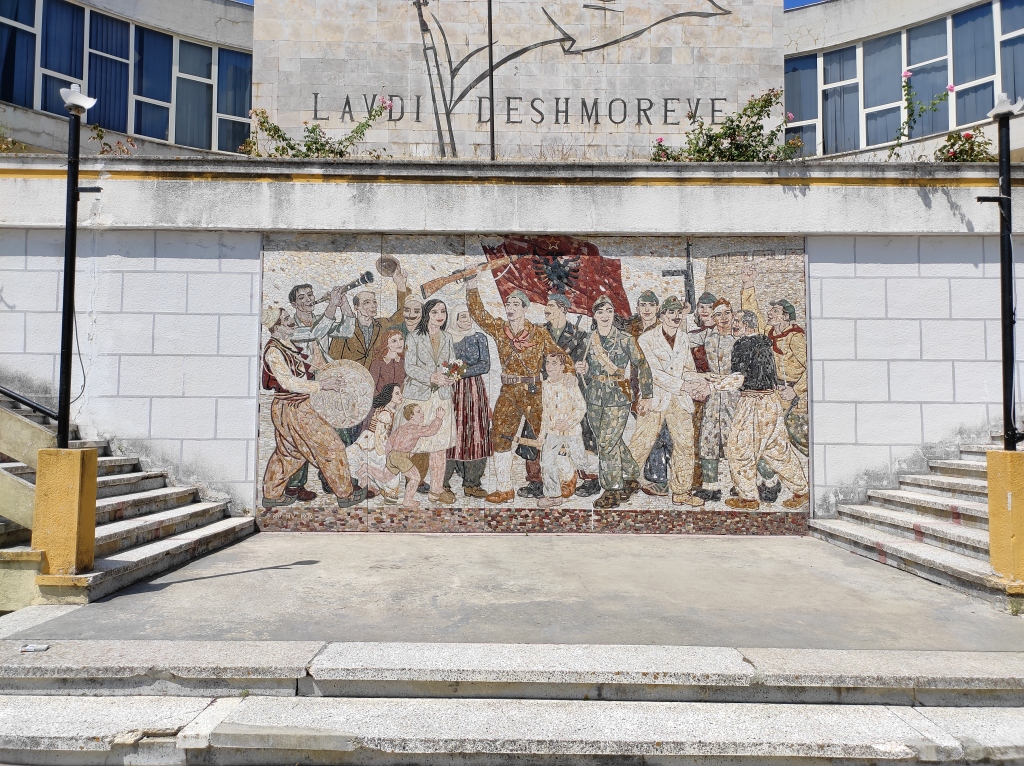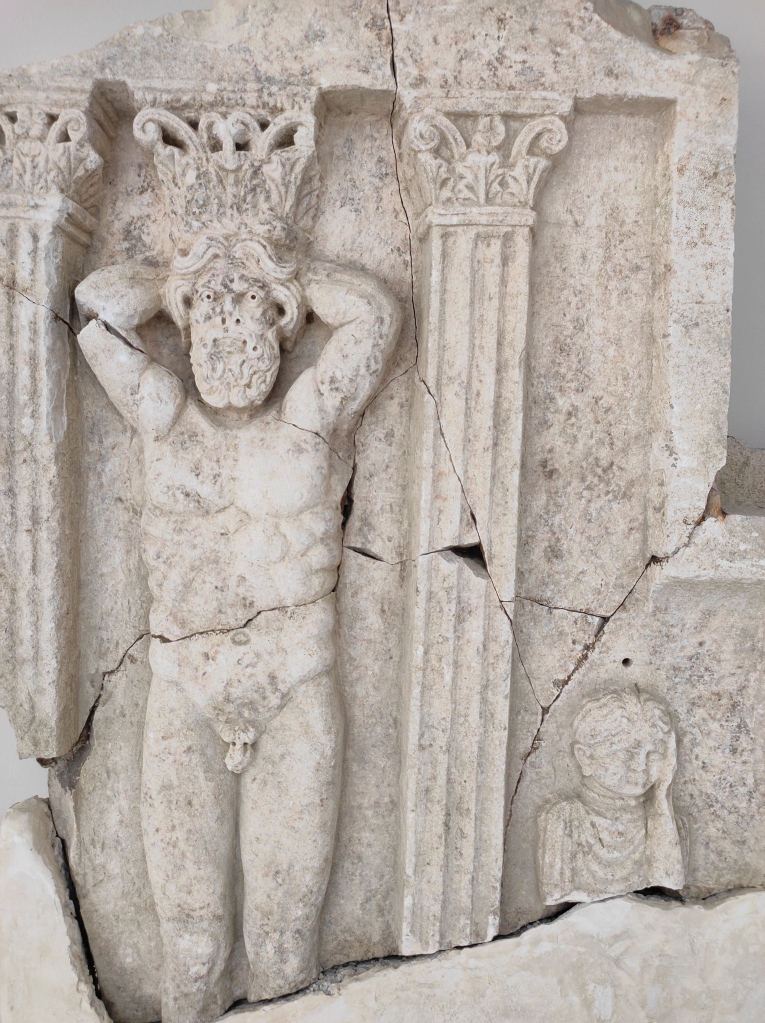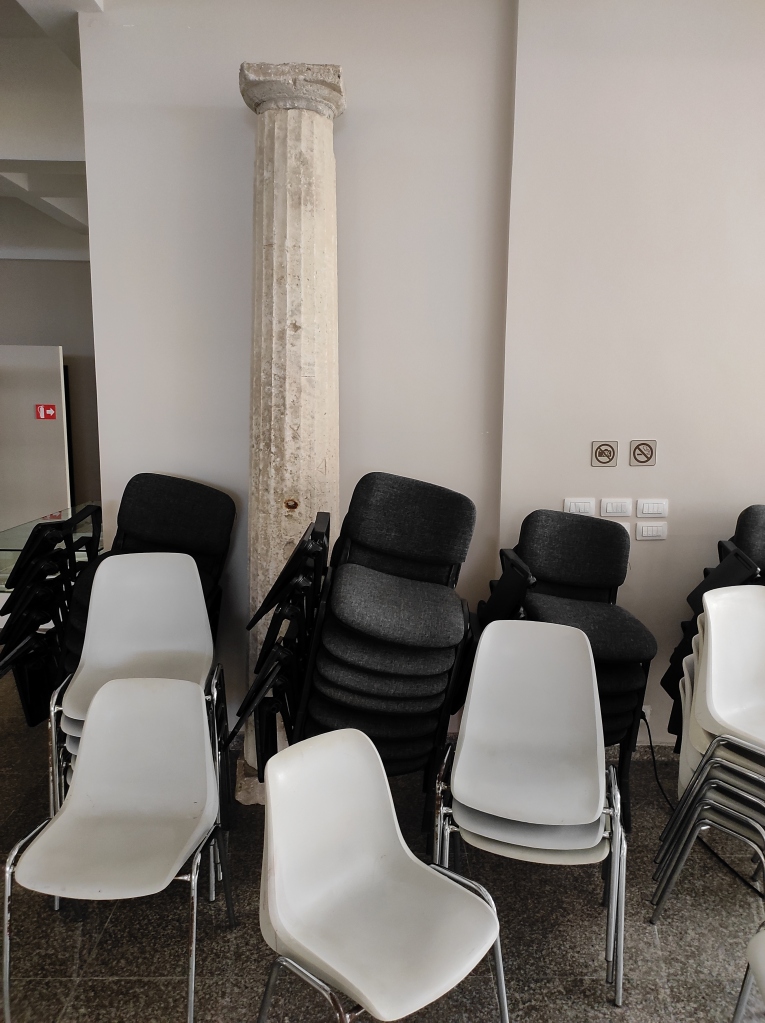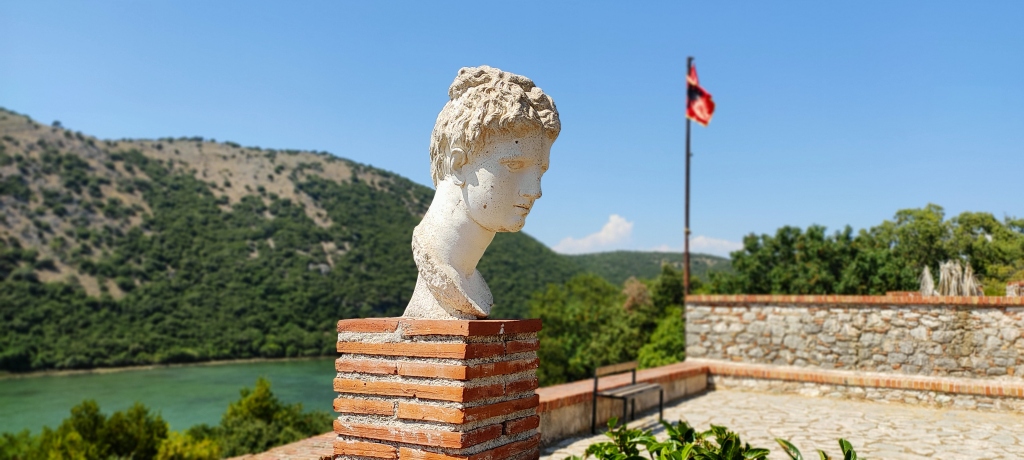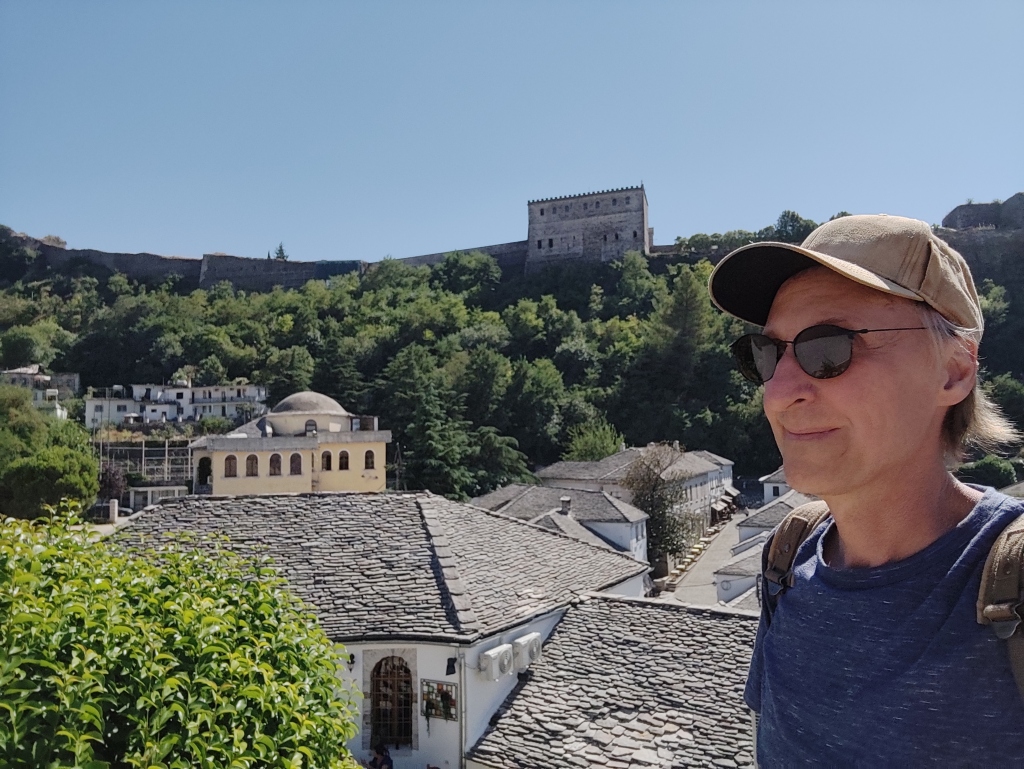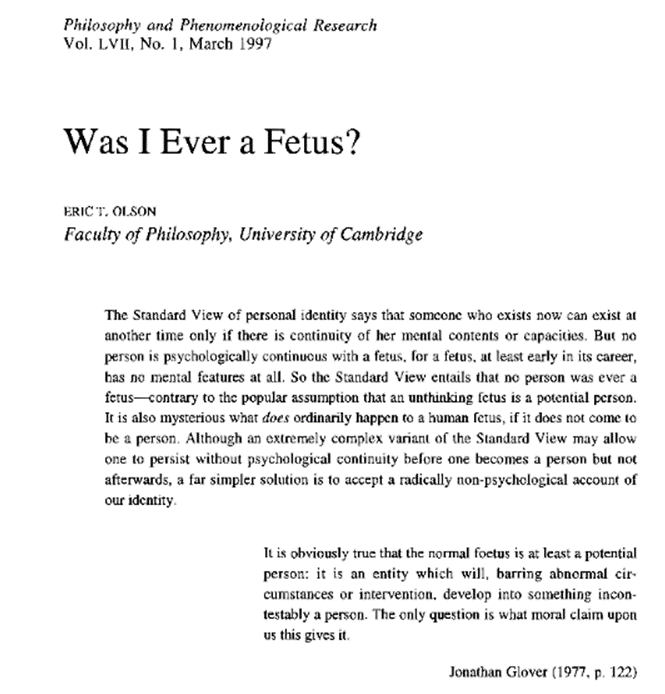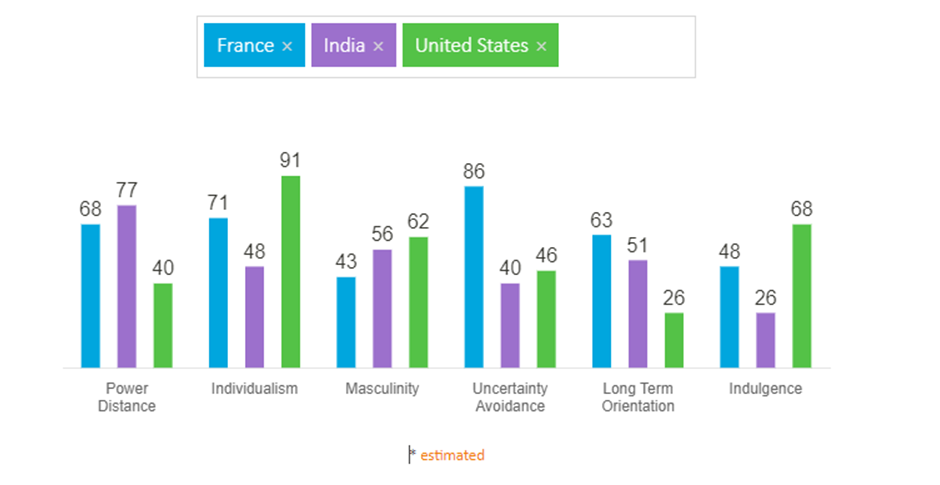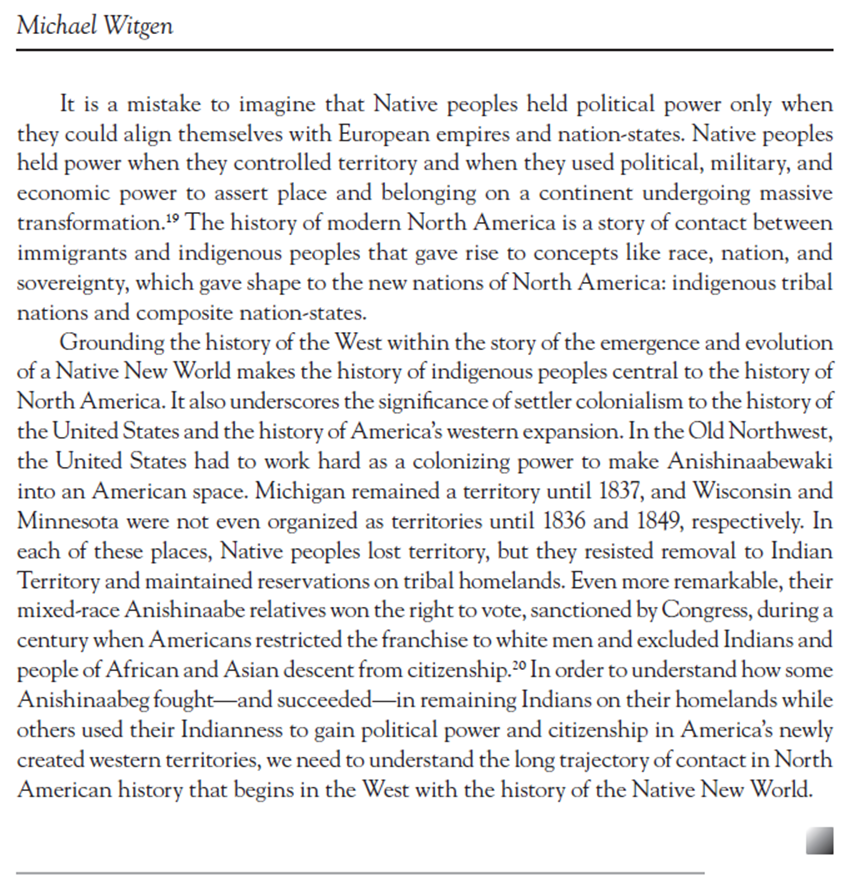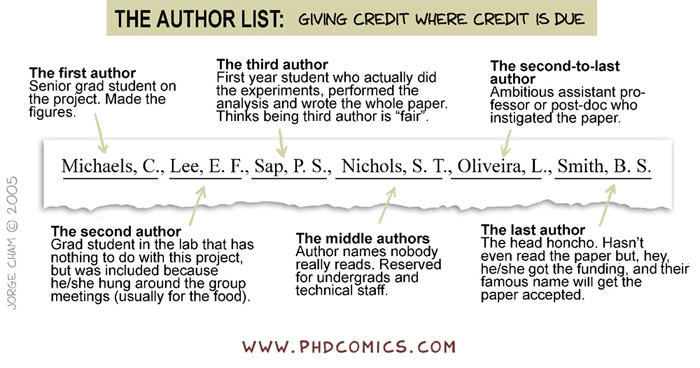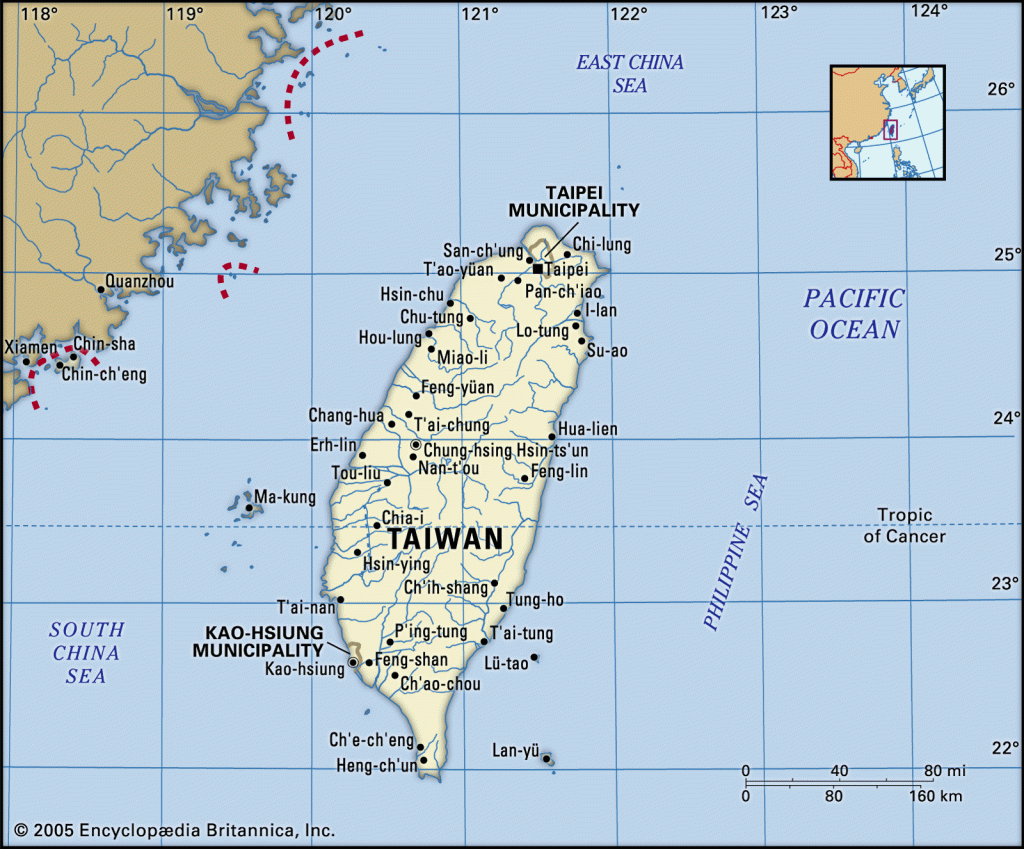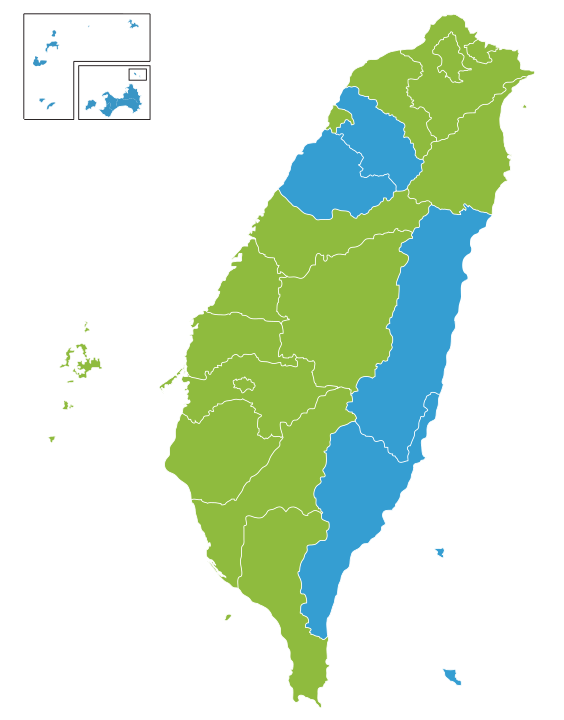Friedrich Hayek’s main thesis in “The Road to Serfdom” (1944) consists of postulating that attempts at central planning and dirigisme provoke, through the increasing use of political expediency, a continuous erosion of the political institutions that characterize to democracy and the separation of powers, thus leaving aside, by way of exception, constitutional rules and procedures. Hayek had warned that such a process had occurred in the Weimar Republic and pointed out that England could incur a similar process if it chose dirigisme as an instrument to overcome the post-war crisis.
Hayek himself recalled in various interviews and articles that the message of his book was rarely interpreted with due accuracy, and that, consequently, statements were attributed to him that he had never made, thus blurring the authentic gist of the work. However, this does not prevent “The Road to Serfdom” from being a classic, since, as such, it offers diverse insights as times and geographies vary, to be applied to the analysis of current events or history.
Regarding this last point, it is worth saying that the processes initiated by Argentina in 1946 -whose consequences persist to this day- and by Venezuela in 1998 -still in development today- present traits that make them different from other historical examples of how a country might take a road to serfdom. Throughout the 20th century, it was possible to verify that both the cases of dirigisme in democratic nations and the advent of totalitarian and authoritarian regimes followed profound economic crises, which were in turn consequences, directly or indirectly, of the two World Wars. On the other hand, the aforementioned experiences of Argentina and Venezuela began in quite different scenarios.
But the aim here is not to identify the historical cause of a social and political event, but only to describe a series of circumstances that condition the particular form of manifestation of a phenomenon that is essentially the same: that of dirigisme and the attempt to configure economic central planning. In most of the cases that occurred throughout the 20th century -outside of those mentioned in Argentina and Venezuela- those in charge of implementing dirigiste policies found themselves with devastated economies and societies dismantled by wars. In these situations, both economic dirigisme and the attempts at central planning of the economy acted provisionally -although in a mistaken and deficient way- as organizing principles of social and economic arrangements that were already chaotic, such as the interwar period and the first years of the postwar period. Subsequently, when in the 1970s it became evident that both economic dirigisme and central planning of the economy were yielding increasing negative net results, the different countries, whether capitalist or socialist, sought their respective ways to liberalize and decentralize their economies, which led to the economic and political processes of the 1980s and 1990s.
On the other hand, the case of Argentina in 1946, as stated, was very different. Argentina had not participated in the war and its economy was robust, despite the difficulties inherent to the international context. Similarly, Venezuela in 1998, despite having a highly discredited political class, had a prosperous economy for decades, in a very favorable international context. In these countries, economic dirigisme sought to be implemented in situations in which civil society was well structured and the private sector economic system was fully operational. Therefore, it is important to point out that both processes of increased government interference in the social and economic life of both countries were accompanied by a fracture in civil society and a growing antagonism and belligerence among different social sectors, promoted from the political system itself.
Several years after “The Road to Serfdom” (1944) was published, Hayek stated in “Rules and Order” (1973) – the first volume of “Law, Legislation and Liberty” – that a legal and political order based on respect for individual freedoms was characterized by functioning as a negative feedback system: each divergence, each conflict, each imbalance, is endogenously redirected by the legal system itself in order to maintain peace between the interactions of the different individuals with each other, defining and redefining through the judicial system -which is characterized by settling intersubjective controversies, specifying the content of the law for each specific case- the limits of the respective spheres of individual autonomy. This is how a rules-based system works, as opposed to a regime in which most decisions regarding the limits of individual freedoms are made at the discretion of government authorities.
Given that the 20th century mostly offered examples of societies devastated by war, pending reconstruction, perhaps we have lost sight of the effects of economic dirigisme and attempts at central planning of the economy on Nealthy civil societies and fully functioning economies. The cases of the processes initiated by Argentina in 1946 and by Venezuela in 1998 call to think about what their consequences could be for societies with economies with a moderately satisfactory performance. Among these consequences, there will surely be a growing social polarization, in which the different sectors demand their respective participation in the discretionary redistribution of income. These situations therefore acquire the dynamics inherent to positive feedback systems, in which social belligerence escalates and demands increasing levels of government interference and authoritarianism. This is another aspect of the road to serfdom that should begin to be considered in the 21st century.
